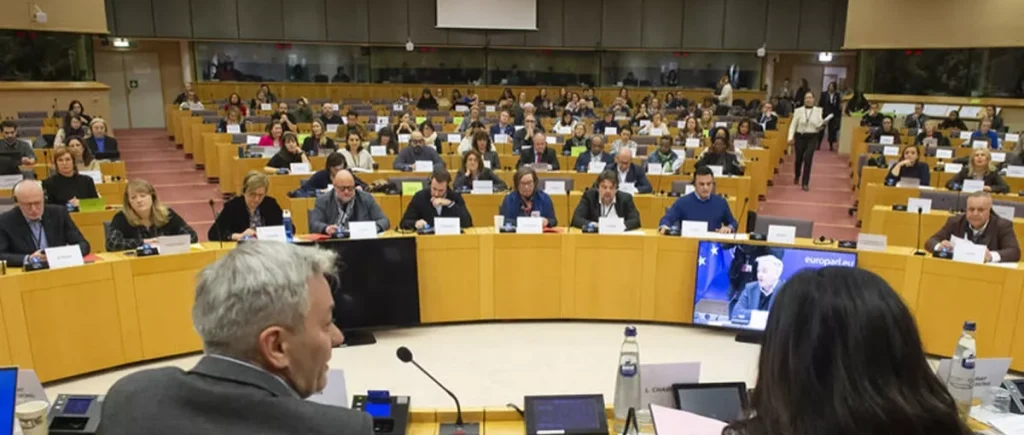
On January 18th, the Committee on Employment and Social Affairs (EMPL) of the European Parliament debated on the European Disability Card, adopting a proposal for the introduction of a Disability Card for the entire EU and renewed the European Parking Card. The bill was unanimously adopted with 39 votes in favor, no votes against, and no abstentions. As explained by the approved proposal, until now, each country had its own special measures for people with disabilities, such as those related to parking in public areas or transportation.
However, the union has emphasized the need to adopt equivalent measures across all countries. “Individuals with a recognized disability status in their Member State of residence who travel to another Member State may encounter difficulties in accessing the special conditions or preferential treatment offered in the visited Member State, usually due to a lack of recognition of their disability card or certificate issued by their Member State of residence,” the proposal explains.
Therefore, with these cards valid throughout the Union, individuals will be able to move across different countries with much more freedom. From the Parliament, the need to “take effective measures to ensure that people with disabilities enjoy personal mobility with the greatest possible autonomy; including facilitating the personal mobility of people with disabilities,” has been emphasized. In addition, the proposal constitutes another element for a larger European digital certification infrastructure, building on the experience of the EU’s COVID Digital Certificate and will be linked to the European Digital Identity wallet after this adoption.
In fact, the creation of these documents was one of the essential elements of the Strategy on the Rights of Persons with Disabilities for 2021-2030. Once approved, the cards will be available for EU citizens whose disability status and rights are recognized by the Member State in which they reside, their family members, and those who accompany or assist them. Moreover, the EMPL Committee has included a complementary proposal, incorporating people from third countries residing in the EU.
After this adoption, Commissioner Lucia Ďuriš Nicholsonová highlighted that “with the adoption of this crucial legislative piece, people with disabilities are one step closer to having freedom of movement within the EU. We are on track to finalize the new law in just a few months, demonstrating our commitment to fulfilling the expectations of people with disabilities who have waited many years for this legislation. The directive was endorsed by all political parties, and we will do our best to move quickly in the upcoming negotiations with the Council so that people can benefit from the cards as soon as possible.” The negotiations mentioned by the MEP refer to discussions with the Council on the final form of the law.
Regarding the duration of this Disability Card, MEPs have proposed that it be issued or renewed within 60 days of the request. As for the Parking Card, the period would be 30 days. They also introduce the option to request a digital version of the parking card, which will be ready in 15 days.
Both cards would be available in both physical and digital formats and free of charge. The lawmakers have also stipulated that the applicable rules and conditions should be available in accessible formats, such as national and international sign language and Braille, and in easily understandable language.
Finally, MEPs in their regulations have urged Member States and the Commission to raise awareness about the European Disability Card and the European Parking Card for people with disabilities, including by creating a website with information on how to obtain, use, and renew the cards throughout the EU.
Source: ConSalud.es